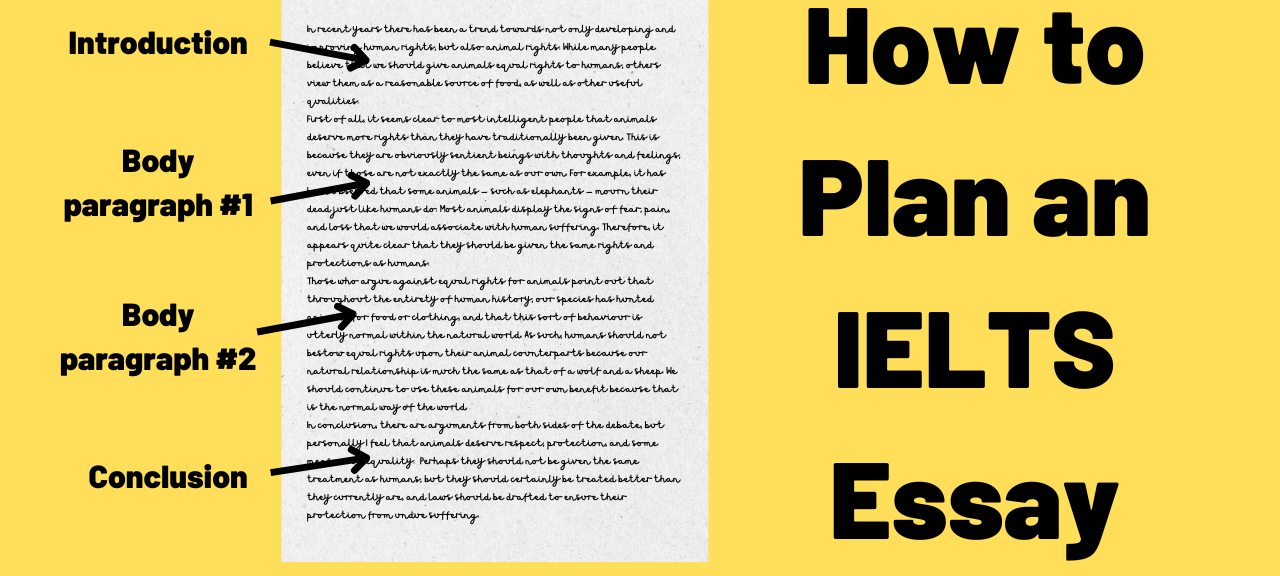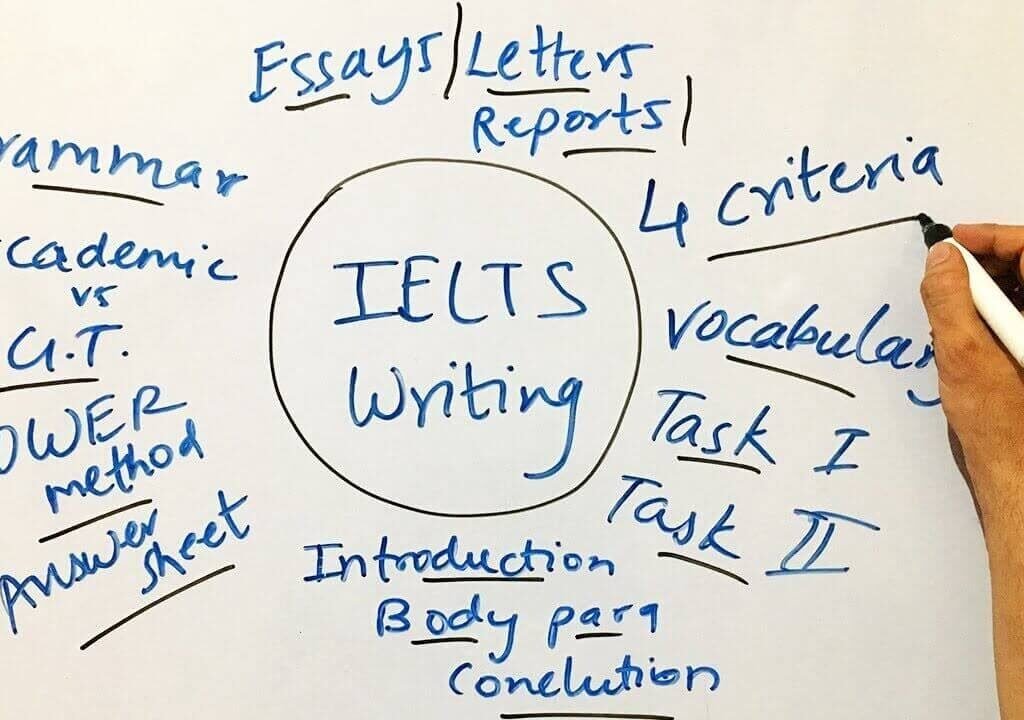The IELTS Writing section is often considered one of the most challenging parts of the test. It requires a balance of good grammar, coherent structure, and clear communication. Whether you’re taking the Academic or General Training module, understanding what examiners are looking for is key to achieving a high band score. In this blog, we’ll provide practical tips that will help you excel in the IELTS Writing section, with specific advice to help you avoid common pitfalls and improve your overall writing performance.

1. Understand the Test Format
The IELTS Writing test is divided into two tasks. For the Academic module, Task 1 asks you to describe visual data (graphs, charts, tables, or diagrams), while Task 2 is an essay. In the General Training module, Task 1 requires you to write a letter, while Task 2 is also an essay. Familiarizing yourself with the format will help you manage your time and approach each task correctly.
Task 1:
- Academic: Summarize and compare data, explain trends, or describe a process.
- General Training: Write a formal or informal letter, depending on the prompt.
Task 2:
- Write an essay in response to a given prompt. You are required to present a clear argument, support your ideas with examples, and maintain proper structure.

2. Plan Your Response
Before you begin writing, spend a few minutes planning your response. This will save time in the long run and help you organize your thoughts.
For Task 1 in the Academic test, identify key trends, comparisons, or stages of the process and decide how to structure your description. In the General Training Task 1, decide on the tone (formal or informal) and structure of your letter.
For Task 2, brainstorm ideas and examples to support your argument. Create a quick outline, including the introduction, main points, and conclusion. This will give your essay a logical flow and make it easier for the examiner to follow your ideas.
3. Focus on Structure
A clear and logical structure is essential for both tasks. Examiners will assess your ability to present information coherently and logically.
For Task 1:
- Introduction: Paraphrase the task prompt and provide a general overview.
- Body paragraphs: Present the key details, trends, or comparisons. Focus on clarity and precision.
- Conclusion: Summarize the information briefly.
For Task 2:
- Introduction: Clearly state your position or the main idea of your essay.
- Body paragraphs: Each paragraph should cover one main point, supported by examples.
- Conclusion: Summarize your argument and reiterate your position.
4. Use a Range of Vocabulary and Grammar
To achieve a high score, you must demonstrate a strong command of vocabulary and grammar. This doesn’t mean using overly complex words, but rather using a range of appropriate vocabulary and grammatical structures.
- Synonyms: Avoid repeating the same words; use synonyms to show your language flexibility.
- Complex sentences: Use a mix of simple and complex sentences to show your grammatical range.
- Linking words: Words like “however,” “therefore,” “moreover,” and “in contrast” can help link your ideas and make your writing flow better.
5. Address All Parts of the Task
One common mistake candidates make is not addressing all parts of the prompt. For Task 1, ensure that you cover all the data points or key stages in the process. In Task 2, make sure to address each part of the question, especially if it’s a two-part prompt (e.g., discussing both sides of an argument and giving your opinion).
Failing to address all parts of the question will limit your score in the “Task Achievement” category, which is worth 25% of your overall writing score.
6. Avoid Common Mistakes
Several common mistakes can lower your IELTS Writing score:
- Going off-topic: Stick to the task prompt and avoid writing irrelevant information.
- Repetitive language: Repeating the same phrases or ideas can make your writing less engaging. Use varied sentence structures and vocabulary.
- Grammar errors: Mistakes in tense, subject-verb agreement, or punctuation can cost you points. Review your grammar basics before the test.
- Word count issues: Write at least 150 words for Task 1 and 250 words for Task 2. Shorter responses will be penalized.
7. Practice Time Management
Time management is crucial in the IELTS Writing test. You have 60 minutes to complete both tasks, with Task 2 carrying more weight in your overall score.
- Spend about 20 minutes on Task 1 and 40 minutes on Task 2.
- Allocate a few minutes at the end of each task to review your writing and correct any errors.
8. Review and Edit
Many candidates skip this step due to time constraints, but reviewing your work can make a big difference in your final score. During the review, check for:
- Spelling mistakes
- Punctuation errors
- Word count
- Grammar and sentence structure
Making small corrections can help you avoid unnecessary penalties and improve clarity.

Conclusion
The IELTS Writing section can be challenging, but with the right preparation and strategy, you can achieve the score you need. Focus on understanding the test format, planning your response, and using a variety of vocabulary and grammar. With regular practice and a clear approach, you’ll be well-prepared for success in the writing section of the IELTS.
At Mercy Education, we offer tailored IELTS preparation courses that include detailed feedback on your writing. Our experienced instructors will guide you through the process, helping you improve your writing skills and achieve your target score. Reach out to us today for personalized support in your IELTS preparation journey!



Add a Comment